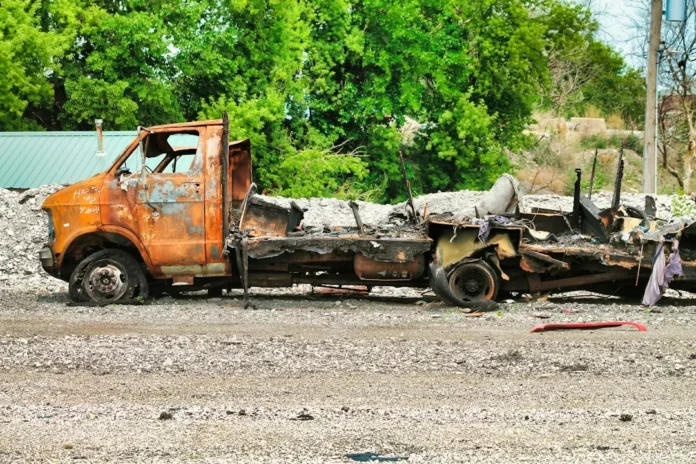Forming journalists is a crucial task in today’s society. The fourth estate plays a vital role in bringing important issues to light and keeping the public informed. However, in a world of fake news and biased reporting, it is essential to have well-trained and ethical journalists who can bring the truth to the forefront. This is where workshops like “Forming Journalists: The Investigative Journalism Workshop on ‘Ndrangheta Stereotypes and Reality” come into play.
Organized by esteemed journalist Claudio La Camera, the workshop focuses on teaching young journalists the intricacies of investigative journalism. It aims to break stereotypes and shed light on the reality of the ‘Ndrangheta, one of the most powerful and dangerous mafia organizations in Italy. Through this workshop, La Camera hopes to create a new generation of journalists who can expose the truth and bring justice to the victims of ‘Ndrangheta’s crimes.
The workshop, held in the picturesque town of Calabria, was attended by aspiring journalists from various parts of Italy. The participants were selected based on their passion and commitment towards journalism. They were a diverse group, with different backgrounds and perspectives, but all shared a common goal – to become ethical and unbiased journalists.
The workshop was structured in a way that provided a comprehensive understanding of investigative journalism. Participants were taught the basics of research and fact-checking, as well as the legal and ethical aspects of reporting. La Camera, with his years of experience in the field, guided the participants through various case studies and shared his insights on investigative reporting. The workshop also included practical exercises, where participants had to investigate and report on a mock case of ‘Ndrangheta’s influence on local businesses.
One of the most impactful parts of the workshop was when La Camera shared his personal experience of being investigated by ‘Ndrangheta for his reporting on their activities. He explained how the mafia tries to silence journalists by using threats and intimidation tactics. However, he emphasized the importance of standing up for the truth and not backing down in the face of adversity. His words not only motivated the participants but also instilled a sense of responsibility towards their profession.
The workshop also included a session with a former member of ‘Ndrangheta, who provided valuable insights into the inner workings of the organization. This was an eye-opening experience for the participants, as they got to see the reality of ‘Ndrangheta from someone who was a part of it. It shattered the stereotypes and gave a human face to the organization, which is often portrayed as a faceless and ruthless entity.
Apart from learning about ‘Ndrangheta, the participants also got the opportunity to interact with each other and form a network of like-minded individuals. The bonds formed during the workshop will not only support the participants in their future endeavors but also contribute to the development of a strong and ethical journalism community.
The workshop concluded with a visit to the courthouse, where the participants got to witness the trial of an ‘Ndrangheta gang accused of kidnapping and other criminal activities. This was a real-life example of the impact of investigative journalism, as the accused were brought to justice based on the evidence uncovered by journalists.
The workshop received positive feedback from both the participants and the media. It was lauded for its practical approach, in-depth knowledge, and impact on the participants. The workshop was also mentioned in various news articles, which helped spread awareness about the importance of investigative journalism in fighting organized crime.
In conclusion, “Forming Journalists: The Investigative Journalism Workshop on ‘Ndrangheta Stereotypes and Reality” was a resounding success. With the guidance of Claudio La Camera and the determination of the participants, it proved to be a significant step towards forming ethical and unbiased journalists. As the participants return to their respective newsrooms, they carry with them not only the knowledge gained from the workshop but also a renewed passion for their profession. And as the saying goes, “The pen is mightier than the sword,” we can hope that the truth will prevail, and justice will be served with the help of these well-trained and motivated journalists.

